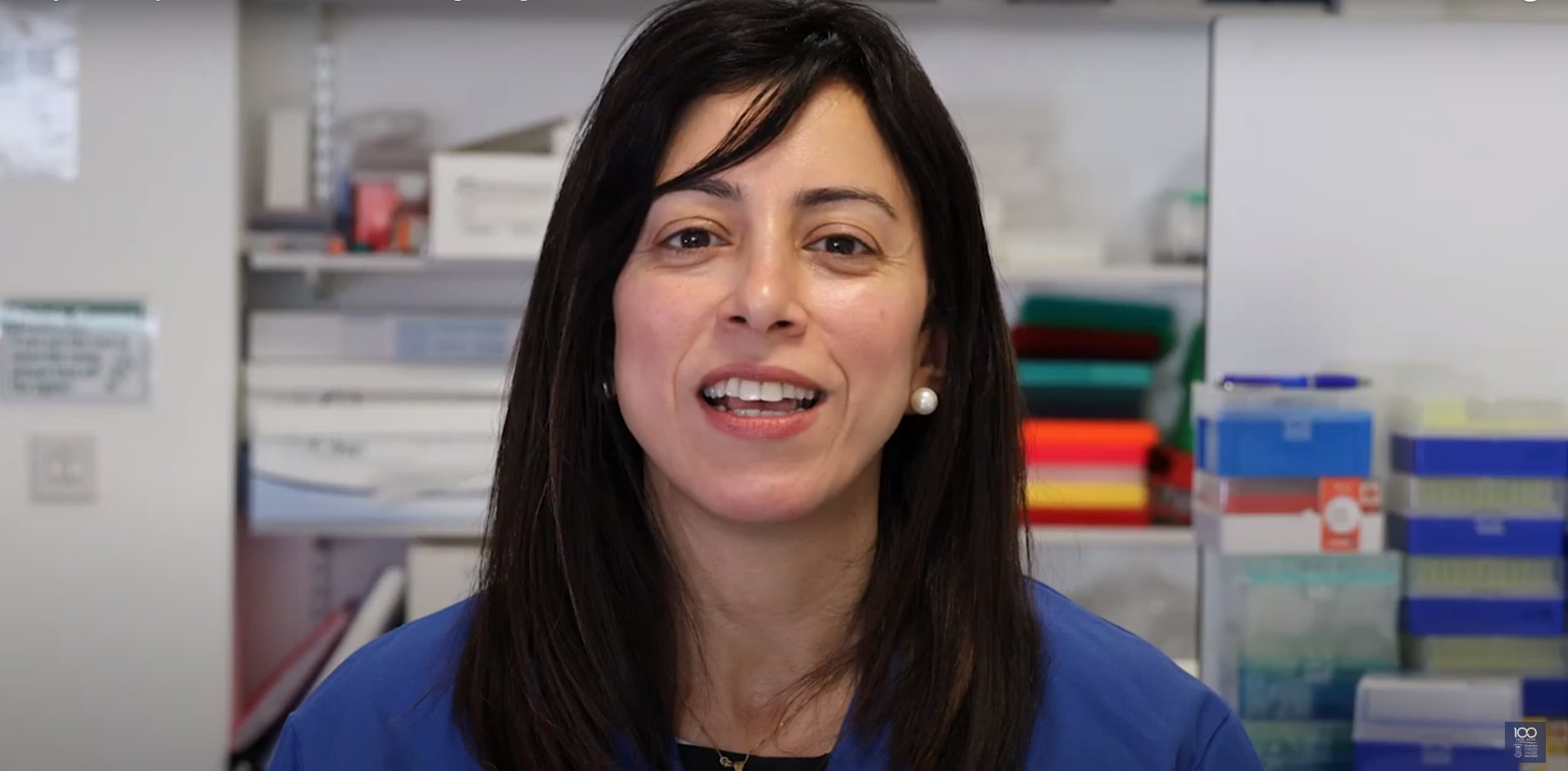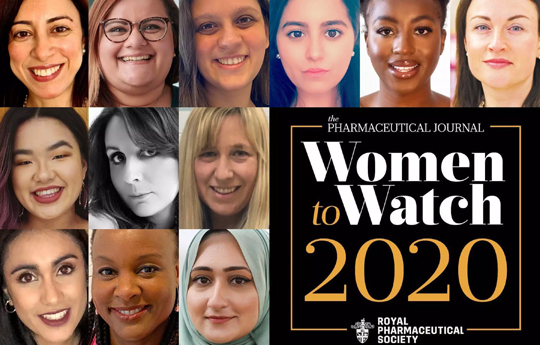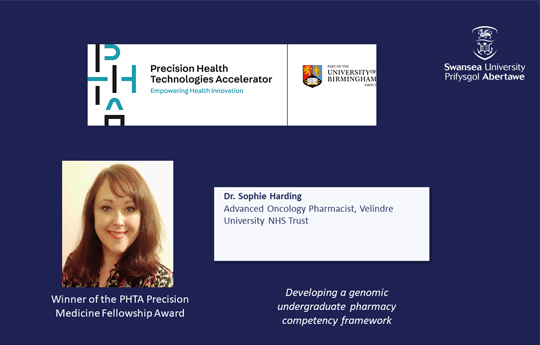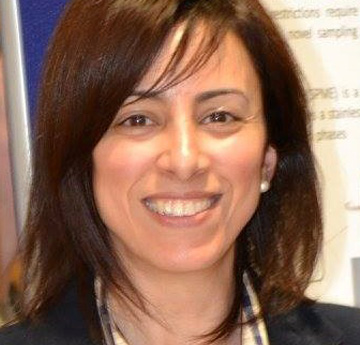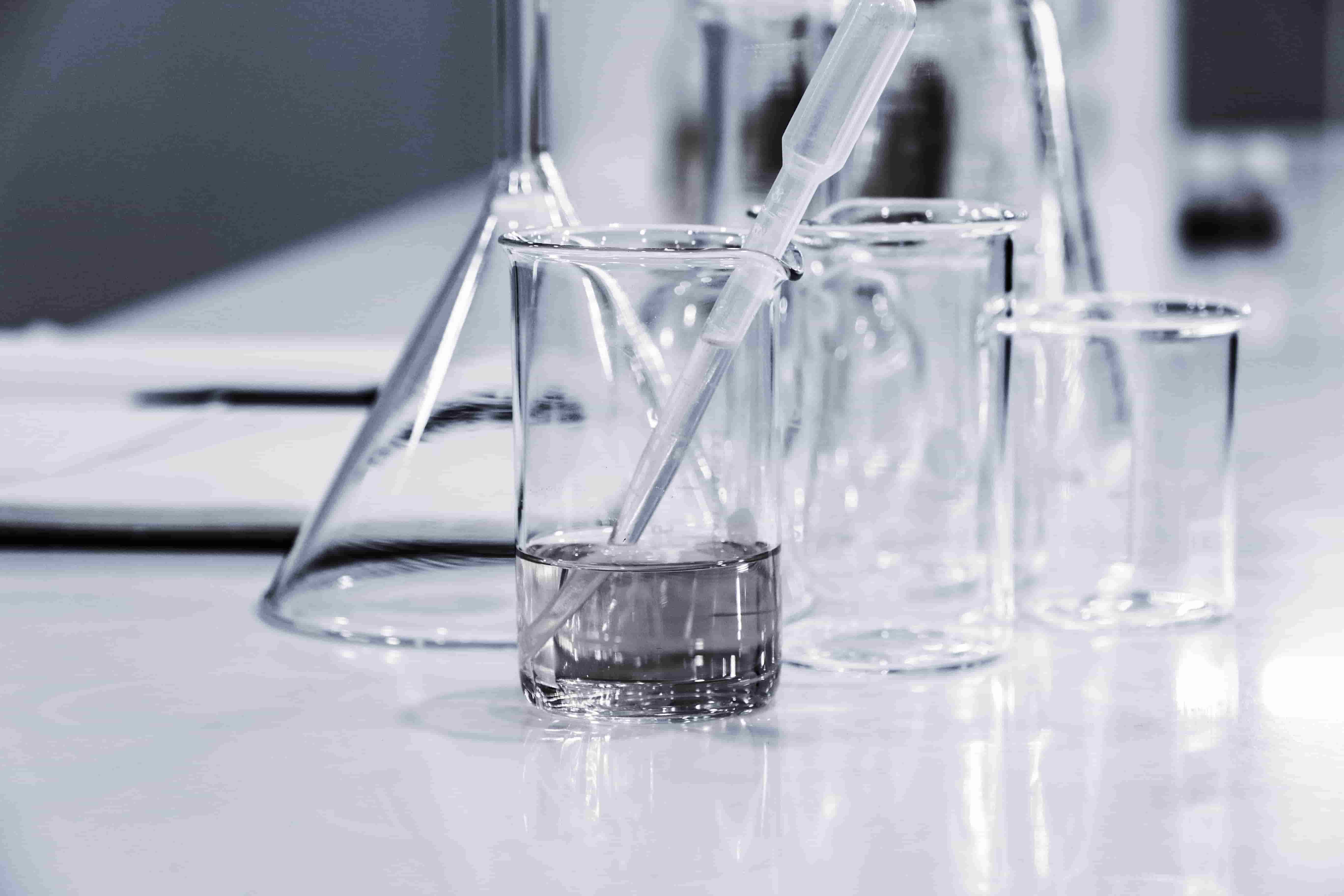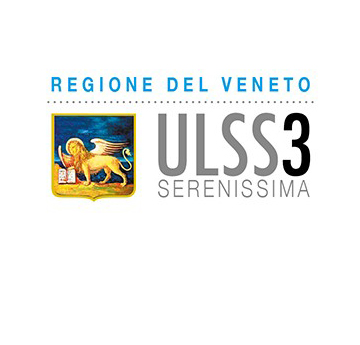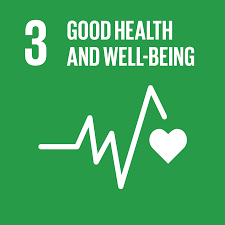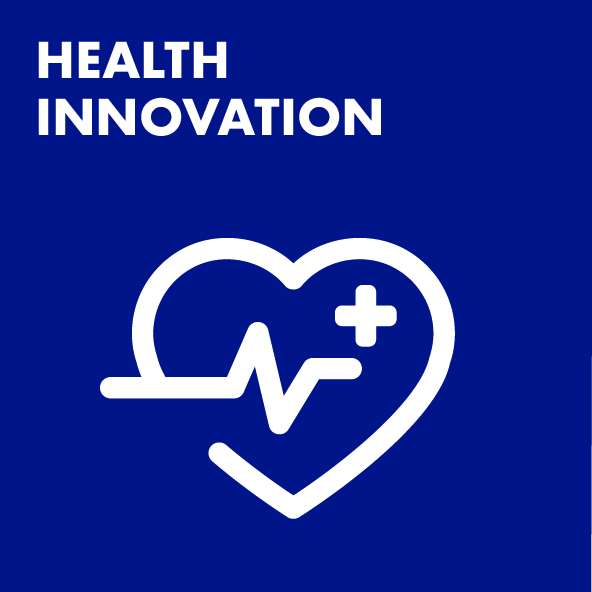“Research and Innovation allows us to keep ahead of our competitors, demonstrate our unique expertise, experience and excellence in newly emerging or original fields of investigation. Our collaboration with Swansea has provided insights that we did not previously have at the University of Hertfordshire and has helped with capacity building. As a consequence of our collaboration, we have produced several peer-reviewed academic papers, co-supervised several PhD students, developed innovative approaches to studying Novel Psychoactive Substances, provided guidance to bodies including the UK Governments’ advisory Council on the Misuse of Drugs and informed pharmacy and clinical practice.” John Martin Corkery, University of Hertfordshire
“In particular, the collaboration with Swansea University provides the possibility to carry out in-depth, advanced, analytical chemistry studies which are relevant to allow fast and reliable identification of little known/unknown Novel Psychoactive Substances from biological fluids (often referred to as legal highs, these are drugs that are designed to replicate the effects of other illegal substances); and unique studies focussing on the role of cannabinoid receptors' activation in sleep/wake cycle-related regulation” Professor Fabrizio Schifano, University of Hertfordshire


